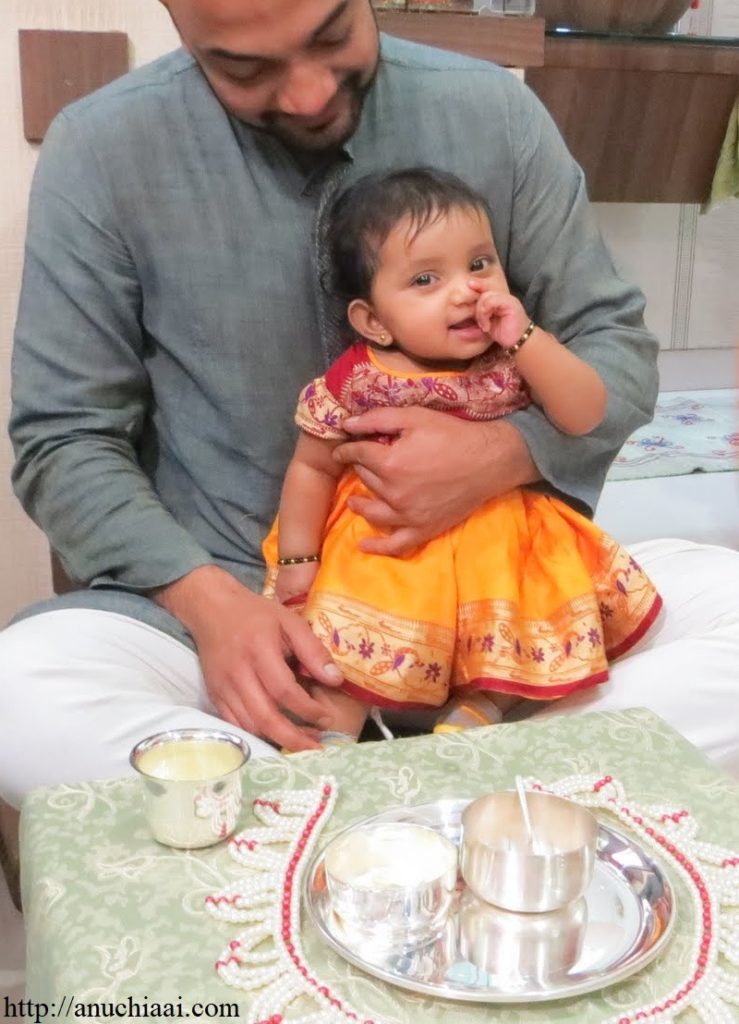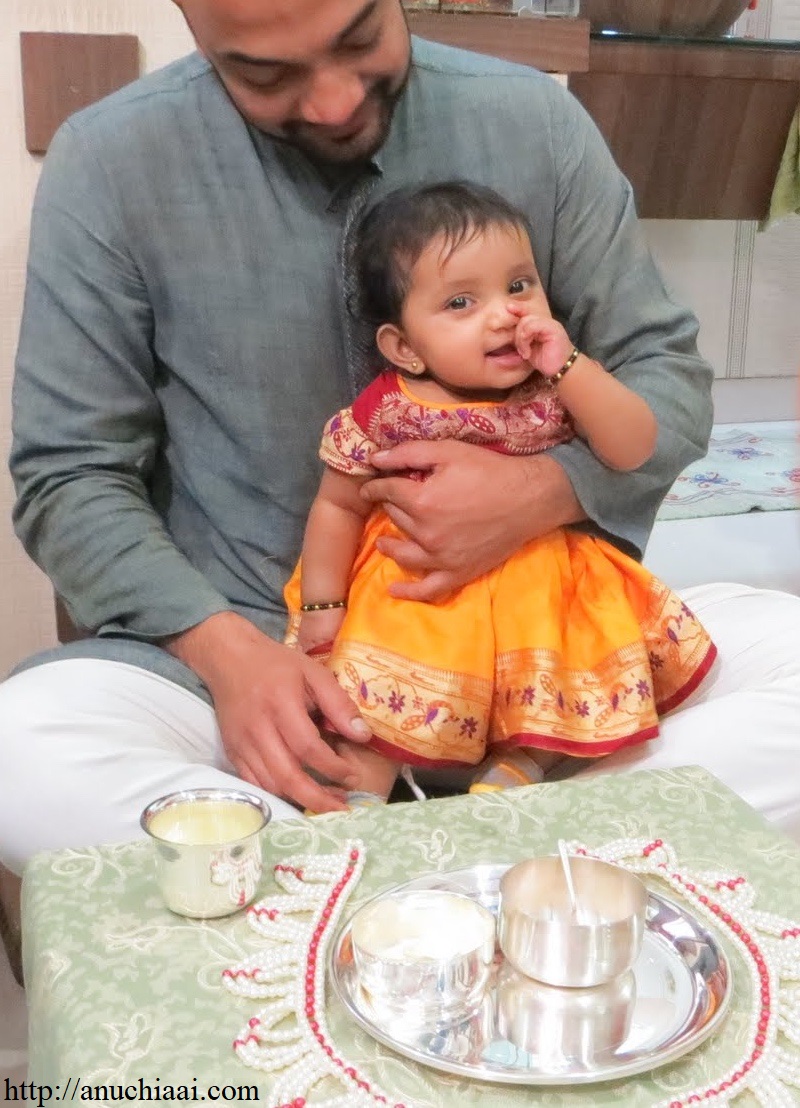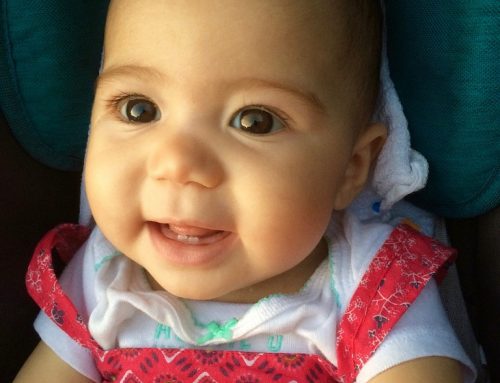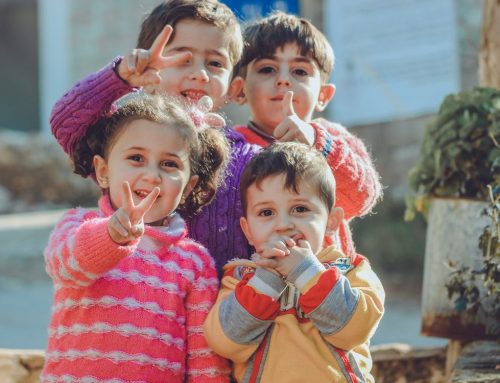 The 21st century is a wonderful time to raise babies. Modern medicine has made enough advances to ensure our kids’ have healthy childhoods (bye, bye chickenpox, we won’t miss you). Education has evolved to include a sense of civic and environmental awareness. The internet and popular media ensure our children have access to all corners of the global village. It’s truly an exciting and interesting time to be alive.
The 21st century is a wonderful time to raise babies. Modern medicine has made enough advances to ensure our kids’ have healthy childhoods (bye, bye chickenpox, we won’t miss you). Education has evolved to include a sense of civic and environmental awareness. The internet and popular media ensure our children have access to all corners of the global village. It’s truly an exciting and interesting time to be alive.
However, in our haste to stay on trend, let’s not forget the things that brought us here. Old traditions can still have a place in modern India (Yoga and Ayurveda have shown us how). Back in the day, a baby’s birth along with his milestones was a major event that brought together family and community members who joined in the celebration. These customs connected generations. They helped raise the baby and shape his identity. And they become an invaluable part of your child’s experiences. Since India is a multicultural, diverse country, each region and community has its own set of traditions. You can tap into your own customs, or even borrow from another heritage that is similar to yours. The idea is to celebrate your child’s future while connecting to the past.
The relevance of revered traditions
As the world shrinks a little more each day, we are in danger of losing the nuances of our respective cultures. Your baby will grow up, probably study abroad and maybe even live in another country (or another planet). When we perform ceremonies to celebrate the baby’s milestones, we are adding stories to the child’s life that connect him to his heritage. When your child is older and is told about his naming ceremony or the events of the first birthday, he hears a narrative that becomes a part of his identity.
It makes the child feel special to know that a community banded together to celebrate his life. It gives the adult a sense of belonging to something that is bigger than him. These rituals, and the retelling of the stories around them help an individual hold on to his roots, which serve as his anchor and keep him grounded.
We all have stories told to us by our elders about our own milestones. We can’t remember the experiences, but those stories have become a part of our psyche. Now, it’s your turn, as a parent, to do something similar for your baby.
Common milestone celebrations across India
While there are a few regressive customs you should avoid, here is a list of ceremonies that celebrate milestones with love and joy.
1. Naming ceremony – Naamkaran
Your baby’s name is the first step to establishing his identity. Why not do it with pomp and celebration? Many communities across India mark the occasion of naming the baby. In Hindu communities, the Naamkaran is held on the 11th/12th day of the baby’s life, either at home or in a temple. Here, family member gather around to bless the child and the parents. The Sikhs celebrate the same when the baby is a few weeks old. In Islamic culture, the 8th day after birth is considered auspicious, and the Aqiqah or name ceremony is held.
Christians celebrate the naming of the baby with the Christening in Church, where a priest blesses the child, and godparents are chosen. Some parents also choose to do a church or home blessing instead of the proper ceremony.
Whatever scale you chose to celebrate, the naming ceremony is your child’s first introduction to his culture. When older, the photographs and memories of this event will strengthen your child’s connection to his childhood.
2. Sitting and walking ceremonies – Besna & Paglaro
A baby learning to sit is no cause for celebration… or is it? For a baby to sit unsupported on his own, is a remarkable thing. So is walking. Both are some of the most important milestones that help establish your child’s independence. If a baby doesn’t reach these milestones on time, it is a cause for concern for many parents. The Besna or sitting ceremony is held with the child sitting on a small stool, and a plate of laddoos are placed before him. The parents place a garland and tikka on the child, while rice grains are flung over the child’s head, to wish him happiness and prosperity. Similarly, the paglaro or walking ceremony is held when the child walks for the first time, and two laddoos are made in the shape of feet. Even a small baby can appreciate the fuss made over his sitting and walking and feel encouraged to do it more often. These celebrations make your baby feel special on that day, and also years later when memories of that occasion are shared by family members.
3. First solid food ceremony – Annaprashan
The first bite of food your baby takes is very special. And the ceremony of Annaprashan celebrates that occasion. Different communities in India celebrate Annaprashan at different times. Some offer the first bite at six-seven months, while some celebrate the tradition during the first birthday. The ceremony can be held at home, or in a temple or even a party hall with a large gathering of people. Some traditions believe the child should sit on the maternal uncle’s lap, while others prefer the parents to hold the baby. Simple, easy to digest food like mashed rice, kheer or khichdi is served, and a priest can chant prayers to bless the child.
4. First birthday – Janmadin
The first birthday is a big deal. You’ve survived (happily and sleeplessly) your first year as a parent, and your child is now ready for toddlerhood. Cultures all over the world celebrate this occasion with huge fanfare, and babies get new clothes and their first bite of cake.
It’s also an apt time to introduce your growing child to another chapter of his heritage. Many communities mark this joyous occasion with a ceremony to bless the child with a long, healthy and prosperous life. Hindus celebrate Ayush Homa, where a priest chants prayers over a traditional fire. Or, the elderly family members light a diya and perform an Aarti for the baby. Some cultures bathed their baby with milk and rose petals. While most Indian homes are decorated with flowers and rice grains and vermillion tikka are used to bless the baby. It’s an auspicious start to all the birthdays to come.
Conclusion
As Indians, we don’t really need an excuse to celebrate. These ceremonies combine our love for family, celebrations and traditions, as we usher in a new era for our baby with each milestone achieved. That is the beauty of living in modern India. You can enjoy the customs of earlier generations as a way to move forward towards the future, while you make memories that last a lifetime.






Leave A Comment